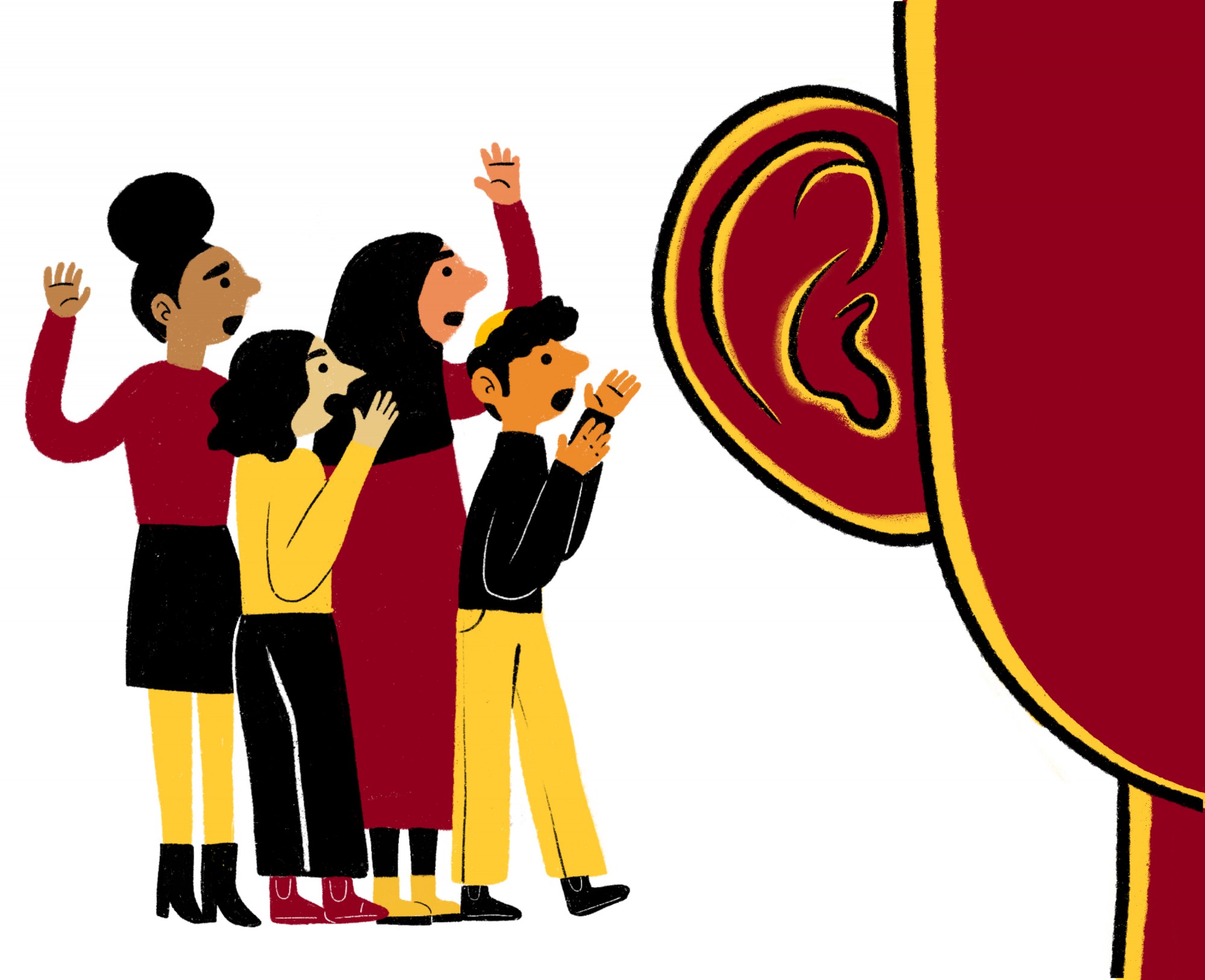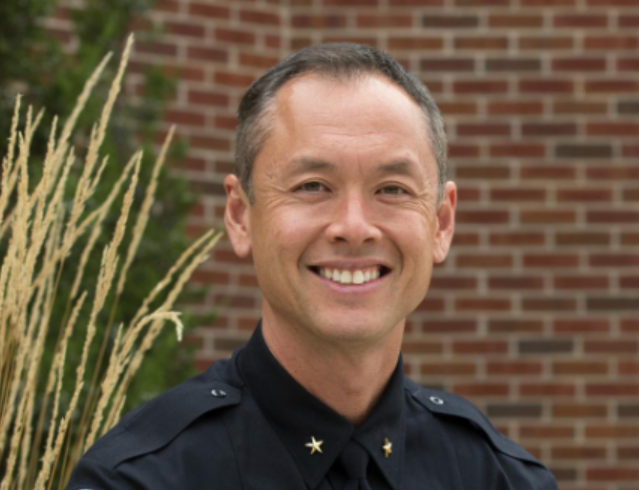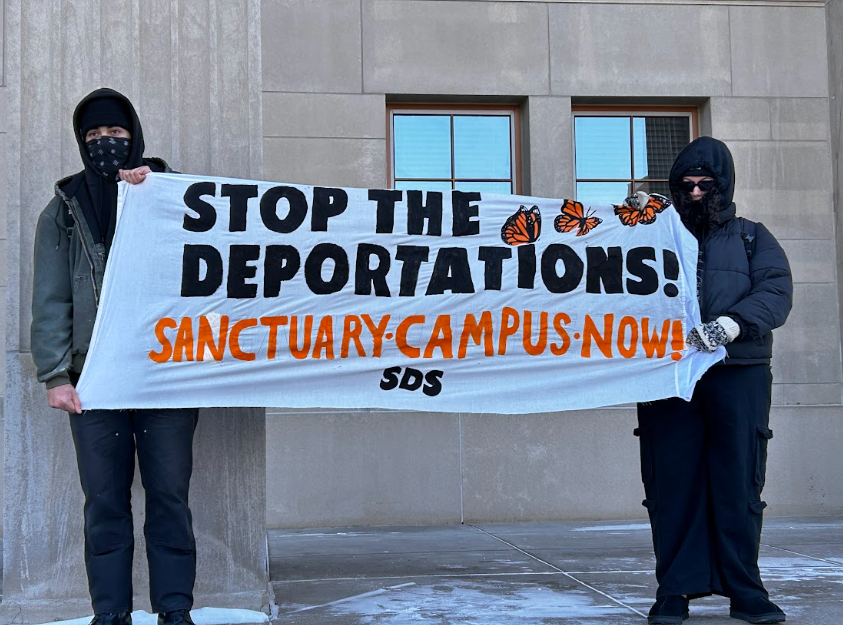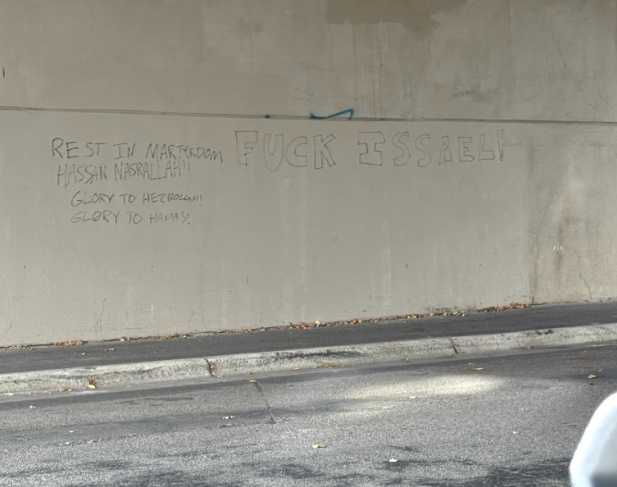As part of the ongoing Board of Regents election, the University of Minnesota’s Alumni Association held a forum for community members and lawmakers to hear directly from candidates Tuesday evening.
The Regent Candidate Advisory Council recommended 12 candidates from the 1st, 4th, 6th and 7th congressional districts to the Minnesota Legislature. Each of the 11 candidates who were present had a chance to briefly respond to questions, which spanned University finances, governance and their experiences with mentorship.
Jim du Bois, who moderated the forum, announced during the event that Regent Randy Simonson withdrew from the election.
When asked about how to manage finances throughout the pandemic, multiple candidates mentioned their desire to avoid placing financial burden on students, including sixth district candidate Regent Michael Hsu and fourth district candidate James Farnsworth.
Seventh congressional district candidate Michael Yost also mentioned cutting costs from other areas of the University as a solution.
“I’ve been faced with these situations in the past. You dig into them, you make sure that you get all the facts, … perhaps make layoffs, early retirement. Some of this is very unpleasant to do,” said Yost. “Whatever the short term pain is, it has to be worth the long-term gain.”
First district candidate Val Aarsvold voiced her support for consultation with staff and faculty to help guide decision-making.
“We really need to stay focused on the personnel,” Aarsvold said. “Not only to make sure that they’re safe and well, but they’re part of the solution, that we hear from faculty and staff.”
Candidates were also asked to discuss the role of liberal education during the forum.
“Liberal arts and humanities and contemporary education are important from the perspective that the University needs to have graduates that have well-rounded experiences while they’re in University,” said sixth congressional candidate Kodi Verhalen. “But … those programs do need to be looked at critically and respond to market needs as well.”
Hsu expressed concern over students with liberal arts degrees who later deal with student debt. Yost also said that while liberal arts classes are important for all students, those with liberal arts degrees can struggle to find jobs.
Fourth congressional district candidate Karen Schanfield said liberal arts students are taught to think critically, giving them flexibility for jobs in the future.
“We’re preparing students now for a set of skills and jobs that we don’t even know what they will necessarily all be. But what we do know is that they’re going to require critical thinking skills and the ability to acquire knowledge over the course of a lifetime,” Schanfield said.
The candidates were also asked how they define governance. Multiple candidates said good governance means avoiding micromanagement, including seventh district candidate Doug Huebsch, as well as Yost, Aarsvold and Schanfield.
“Some values in terms of good governance that come immediately to mind are ensuring a high level of transparency in University operations; exercising the oversight function of a board, which is a cornerstone role of a governing board member; and practicing mission driven leadership,” Farnsworth said.













